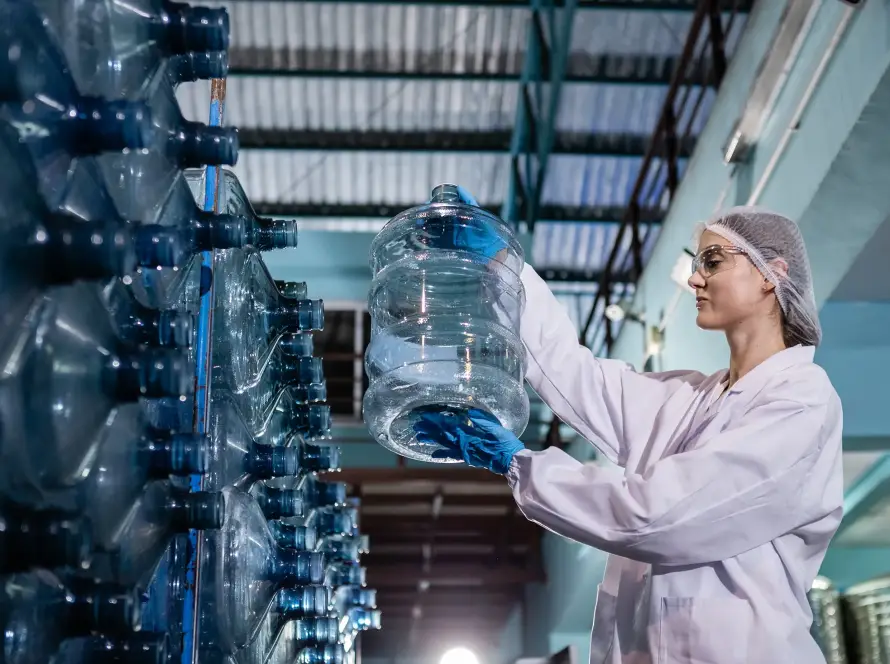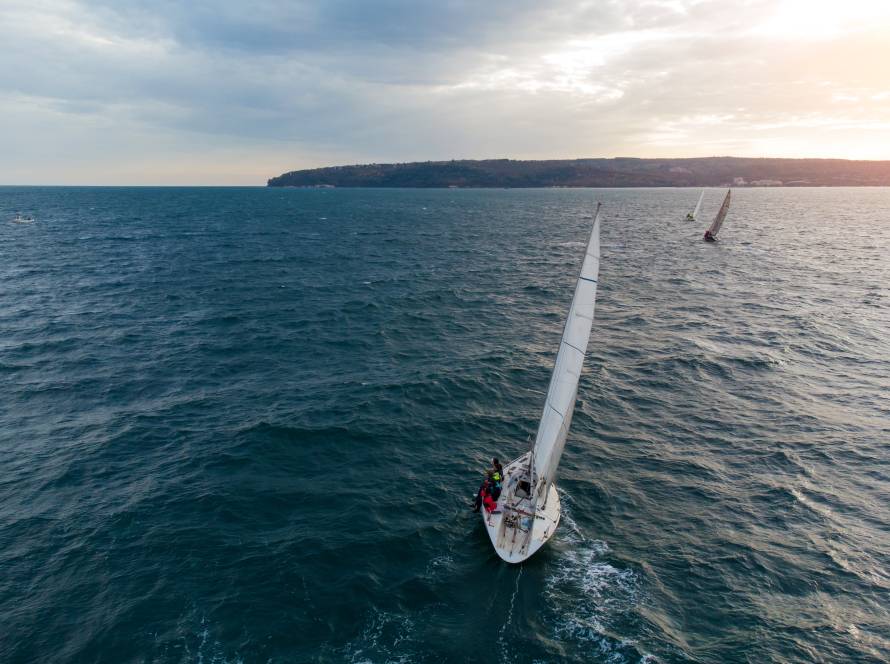Introduction
When it comes to making fresh water at sea, choosing between AC and DC watermakers is very important. This decision matters for yacht owners and cruising sailors.
Both systems provide safe drinking water from seawater. However, each has its own benefits based on the type of vessel, power supply, and lifestyle needs. Choosing the right system not only improves efficiency but also ensures durability and peace of mind on long passages.
Understanding the Basics of AC vs DC Watermakers
An AC watermaker runs on alternating current (typically from a generator or shore power). It is ideal for boats with larger power systems or vessels that operate generators frequently.
A DC watermaker, on the other hand, operates on direct current and draws power from a vessel’s battery bank. This makes it a preferred option for sailors who prioritize energy efficiency and want to minimize generator use.
Both systems use reverse osmosis to remove salt, bacteria, and impurities. However, the power source decides how and when the system operates.
Benefits of AC Watermakers for Larger Vessels
For yacht owners, liveaboards, and commercial operators with robust onboard power systems, AC watermakers provide several advantages:
- High Output: AC watermakers generally produce more gallons per hour, making them ideal for larger crews or vessels with high freshwater demands.
- Efficient with Generators: If a generator runs daily for air conditioning, refrigeration, or other systems, pairing it with an AC watermaker maximizes efficiency.
- Durability for Long Voyages: AC systems are built to handle heavy-duty use, making them well-suited for extended ocean passages.
Advantages of DC Watermakers for Energy-Conscious Sailors
For sailors looking to reduce fuel consumption and reliance on generators, DC watermakers are an excellent choice:
- Battery-Powered Flexibility: Runs directly from the vessel’s battery bank, making it ideal for renewable energy integration with solar or wind.
- Lower Energy Consumption: DC watermakers are designed for efficiency, perfect for energy-conscious cruisers.
- Compact Design: Many DC models are lightweight and space-efficient, ideal for smaller sailboats or catamarans.
- Quiet Operation: Since no generator is needed, operation is significantly quieter, enhancing onboard comfort.
Key Considerations for Choosing the Right Watermaker
When deciding between AC vs DC watermakers, yacht owners and sailors should evaluate:
- Boat Type and Size: Larger yachts and commercial vessels typically benefit from AC models, while smaller sailboats often find DC systems sufficient.
- Power Sources: Do you run a generator daily, or do you rely on batteries and renewables?
- Water Demand: Estimate daily freshwater needs (showers, cooking, cleaning, laundry) to determine output requirements.
- Lifestyle Goals: If quiet operation and reduced fuel use are priorities, a DC system may be best. If you value high-volume production, AC may be the way to go.
Comparing Maintenance Requirements of AC vs DC Watermakers
Both AC and DC watermakers use reverse osmosis membranes, filters, and high-pressure pumps. However, how they are used can impact long-term maintenance.
- AC Watermakers: Because they typically run for shorter, high-output cycles, filters and pumps experience concentrated use. These systems may require more frequent monitoring, but are designed for durability on larger vessels.
- DC Watermakers: Designed for steady, lower-output operation, DC models often see longer run times. Maintenance is straightforward, with easy-to-replace filters and components, making them user-friendly for sailors managing their own systems.
Yacht owners and cruising sailors should know how to maintain each system. This helps ensure steady freshwater production during long trips. If you’re unsure about any step, reach out to our team.
Energy Management: Matching Your Watermaker to Onboard Power Systems
Choosing between AC vs DC watermakers often comes down to how your vessel manages energy.
- AC Systems: Work best with a generator or shore power. Running the watermaker while the generator is already in use maximizes efficiency.
- DC Systems: Ideal for boats that rely heavily on solar, wind, or large battery banks. They allow sailors to conserve fuel and operate without the noise of a generator.
By matching your watermaker to your existing energy system, you can improve efficiency, extend equipment life, and reduce operating costs.
Cost Considerations: Initial Investment vs Long-Term Efficiency
Cost is more than just the purchase price. It is about balancing upfront investment with ongoing savings.
- AC Watermakers: Typically higher output and higher initial cost. However, for yachts and commercial vessels with large crews, the cost per gallon of water produced is often lower in the long run.
- DC Watermakers: Generally lower upfront cost and lower power draw. While they produce less water per hour, they save money on fuel and generator use over time, which is valuable for energy-conscious sailors.
Factoring in your vessel size, crew demands, and power system will help determine which option delivers the best return on investment.
AC vs DC Watermakers in Remote Cruising Scenarios
When sailing off-grid or visiting remote locations, reliability becomes critical.
- AC Watermakers: High-output models ensure large reserves of freshwater, reducing the risk of shortages during extended offshore passages. However, reliance on a generator means fuel availability is essential.
- DC Watermakers: Their compatibility with renewable energy makes them an excellent choice for remote cruising. Even in isolated anchorages, sailors can generate freshwater as long as batteries are charged.
Both systems provide security, but the best choice depends on whether you prioritize volume or independence from fuel and generators.
Conclusion
Choosing between AC vs DC watermakers comes down to vessel size, power availability, and lifestyle preferences. AC watermakers work best for larger yachts and high water needs. DC models are great for smaller boats and energy-saving sailors. To meet your needs, work with a trusted manufacturer like ECHOTec. This way, you can ensure reliable freshwater production wherever you go.



